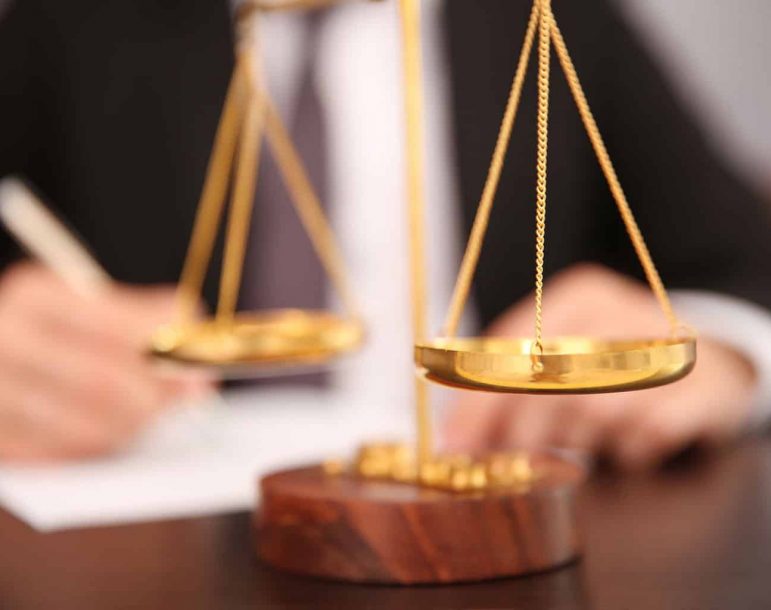Finding Hidden Assets In Georgia Divorce Trial
Many people think if they hide assets before or during the divorce, no one will find them. If you attempt to hide assets, you may end up losing more than what you’re attempting to hide and end up making your case weaker as a result. If you want to ensure your assets are safe and have a fair trial in the divorce process, contact us and we can advise you how best to do that.
How do Divorcing Couples Hide Family Assets?
There are 2 main reasons divorcing couples hide their assets.
The first is a belief a marital asset in their name, or that they worked to build, should be their asset and the second is to punish the other party or prevent them from having access to funds or assets.
There are many ways a divorcing spouse will attempt to hide information. A few examples include:
- Opening a separate bank account in just one party's name
- Not reporting a bonus, repayment, or increase in salary
- Putting money into the accounts of a family member
- Buying jewelry, antiques, or other collectibles and hiding them in a safe deposit box or other undisclosed location
- Undervaluing business assets
- Claiming fake debts or expenses
Checking your Spouse’s bank statements and credit card statements can be a very useful way to find out if your spouse has any hidden assets. Very few people use cash now; therefore, most assets can be traced. If there are a lot of cash withdrawals or transfers to an account you cannot locate, we will add the missing money to the balance sheet under the spouse’s name who hid the money.
If your spouse has a W-2 job where someone else pays their salary, they will have a payroll statement. The payroll statement typically tells you the income for that specific pay period and also for the year to date. Therefore, if a spouse neglects to disclose a bonus, it should show on his paystubs or W-2 statement. Additionally, it is common for a payroll statement to say into which bank the spouse deposits their check. If that bank statement hasn’t been disclosed, we can subpoena the statements.
If you find missing accounts or purchased assets from the accounts disclosed by your spouse, you can subpoena documents from the third party. For example, if you find your spouse is transferring money to Fidelity, but has not provided bank statements for a Fidelity account, we can send a subpoena to Fidelity forcing Fidelity to provide all statements and other requested documents in your spouse’s name. If you see purchases or payments to a closing attorney, you can check real estate records to determine if there are any loans or deeds in your spouse’s name. If you see a security deposit box has been purchased at the bank, you can go to the bank and open the security deposit box.
With so many electronic transactions, it has become very hard to hide assets. We have had good luck either finding the assets or tracking how much money we cannot find.
If you suspect that your spouse has hidden assets, then contact our firm. We will help you find the assets or at least trace how much is missing.
What to do if your spouse is hiding assets?
If you suspect that your spouse is hiding assets, you should hire a family law attorney skilled at tracing funds. A skilled family law attorney can help you to find out the assets, compel documents to find the assets or trace the assets to apportion the missing money to your spouse’s portion of the marital estate. By apportioning the missing assets to your spouse’s portion of the estate, you keep more of the known assets and any of the money spent of the missing money reduces the spouses share of the estate. You’ll want someone like The Millard Law Firm, who has helped countless Alpharetta and Atlanta Metro residents through one of the most difficult times in their lives.
Penalty for hiding assets in a divorce in Georgia
If you do attempt to hide assets, we will likely locate them or find unexplained transfers and spending. If you are found to have hidden assets, it can affect other aspects of your case. If the Court believes you have lied about your assets, they will likely believe you have lied about an affair, behavior around the kids or your involvement in their lives. If that happens, it can affect your time with the kids. Essentially, lying about assets can affect all aspects of your case. It is best to be honest and truthful in all aspects of your case.

